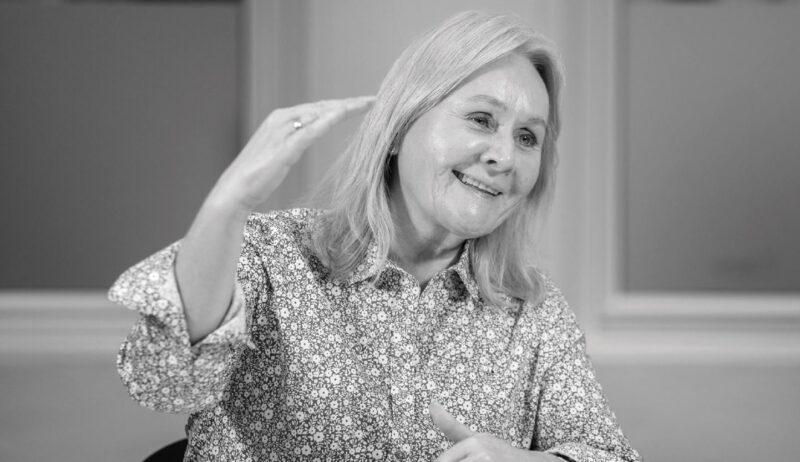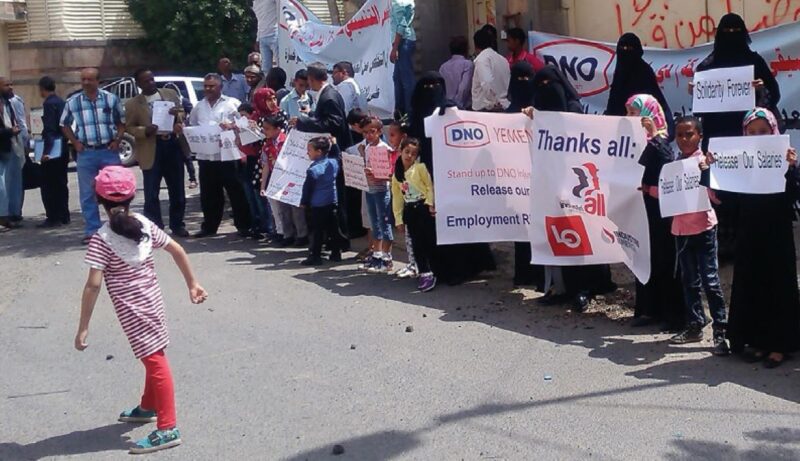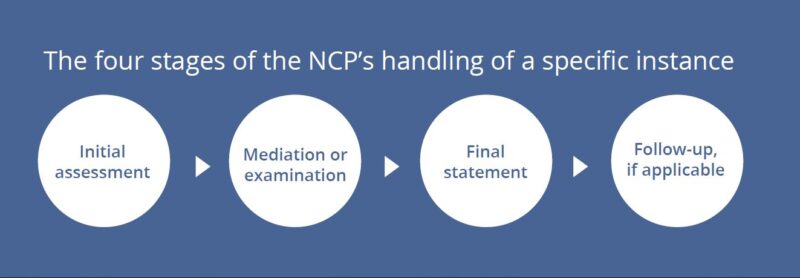Handling of specific instances
The OECD national contact point system provides individuals, local communities and organisations with a mechanism for complaints when they believe that multinational enterprises have had a negative impact on people, society or the environment. This makes the OECD Guidelines for Multinational Enterprises unique. No other international instruments have a corresponding grievance mechanism.
Norway’s NCP handles complaints against Norwegian multinational enterprises concerning allegations of non-observance of the OECD Guidelines.
The complaint mechanism is non-judicial. The NCP offers guidance, dialogue and mediation between the parties, and the goal of the process is to arrive at a joint solution. The handling of specific instances must be impartial, predictable, fair and in line with the Guidelines.
INTERVIEW WITH BEATE EKELØVE-SLYDAL
The National Contact Point – an invisible resource?
Since 2009, the National Contact Point for Responsible Business Conduct (NCP) in Norway has only handled 12 complaints. The reason is that civil society does not use the complaints mechanism to the extent that they could. This is something the newest NCP member wants to change.
Text: Marianne Alfsen, Felix Media.

Beate Ekeløve-Slydal, Political Adviser in Amnesty International Norway and NCP member
‘We need to be forward-leaning! We need to think outside the box and go beyond our comfort zone.’ For two decades, Beate Ekeløve-Slydal has been an advocate for responsible business conduct as Political Adviser for Amnesty International Norway. In 2019, she became a member of Norway’s National Contact Point (NCP). Her experience from a vocal lobby organisation will come in handy as she embarks on a mission to make the NCP, the Guidelines and the complaints mechanism more visible.
‘Anyone who works with communications knows that if you can’t get your message through, it doesn’t matter that you are the best at what you do,’ says Ekeløve-Slydal.
A resource to be reckoned with
It is not a goal in itself to receive more complaints. However, it is important to make more people aware of the complaints mechanism – and make use of it when necessary.
‘The complaints mechanism represents a unique possibility for civil society to put the spotlight on companies they believe are violating human rights,’ says Ekeløve-Slydal, pointing out that the opportunity to sit around a table and talk to your opponent is in itself valuable.
Ekeløve-Slydal believes companies, authorities and civil society need more information about the great resource the NCPs actually represent.
‘We have expertise on what responsible business conduct really entails, and more importantly, how to do it,’ she says, pointing out the Norwegian introduction to the OECD Due Diligence Guidance for Responsible Business Conduct as a solid and tangible tool.
The role of the embassies
Beate Ekeløve-Slydal believes the Norwegian embassies and consulates could take a more proactive role.
‘One of the main roles of the Norwegian embassies and consulates is to support Norwegian businesses abroad. They should promote the OECD Guidelines more actively. They should also actively inform local civil society that they can make use of the complaints mechanism, if they believe Norwegian businesses impact society, people or the environment negatively,’ says Ekeløve-Slydal.
Consequences for businesses
Ekeløve-Slydal believes that businesses and the public authorities need to be reminded of the relevance of the NCPs. ‘People need to know that there is a grievance mechanism to turn to when they suspect negative impacts from business conduct. Today, the strongest reaction we can give is to make a final statement,’ she continues.
Other reactions
Although the NCPs do not have the possibility to impose sanctions, other parties may choose to let violations of the OECD Guidelines have consequences. ‘For instance, companies that have been found to violate the Guidelines should not be part of the Government’s trade delegations abroad, nor receive public grants. It should also be a requirement that companies benefitting from these privileges conduct due diligence,’ Ekeløve-Slydal suggests.
This is in line with the recommendations of the UN Working Group on Business and Human Rights.
Stronger legal means?
The OECD Guidelines, UN Global Compact, UN Guiding Principles on Business and Human Rights – all current measures are voluntary. However, there is an ongoing process in several European countries to make businesses legally responsible for respecting human rights and safeguarding the environment – Norway included.
‘The Norwegian Action Plan, following up the UN Guiding Principles from 2015, only states what businesses are recommended or encouraged to do. The NCP believes it is time for a new action plan,’ Ekeløve-Slydal says.
She welcomes the new Due Diligence Law for Norwegian businesses, proposed by a Government-appointed ethics committee. ‘All of this does not make the NCPs less important. Quite the contrary,’ Ekeløve-Slydal says.
‘The day we believe we have it all under control is the day the risk goes haywire. We need to be on our toes at all times.’




